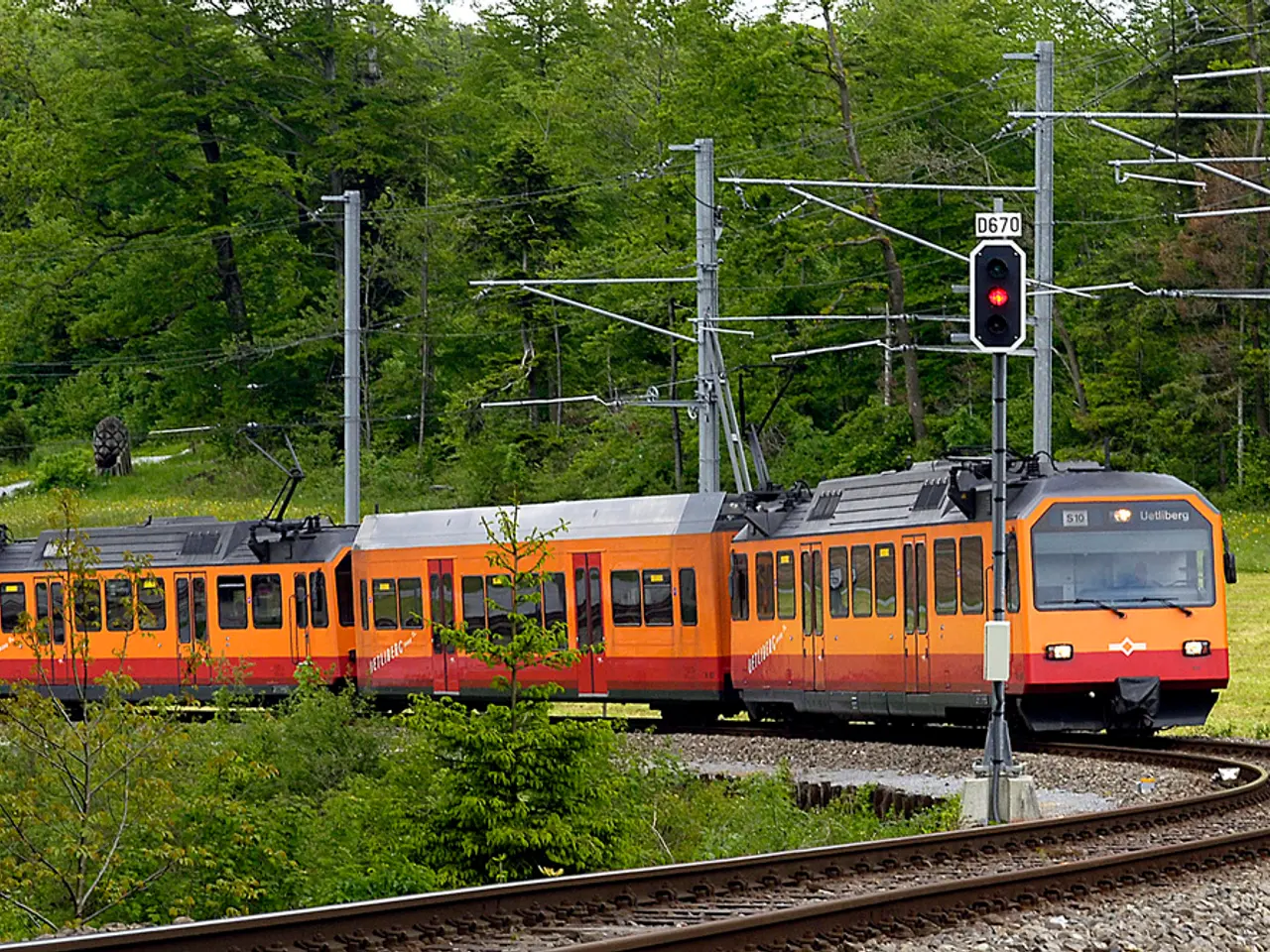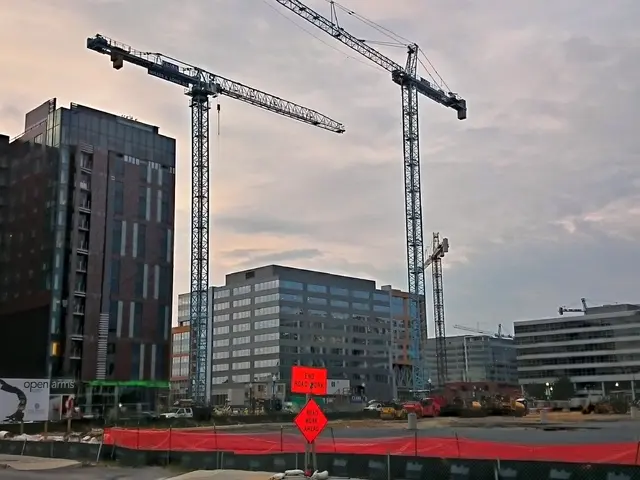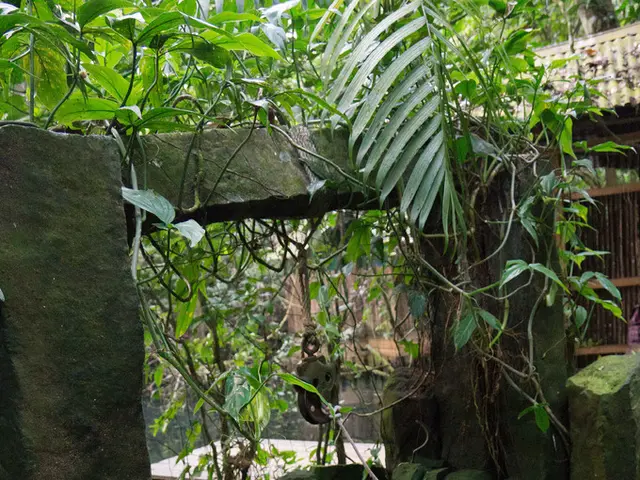local rail line RE 47 set for transformation into battery-powered trains, as per announcement by Solinger Greens.
In the Bergisches Land region and its connecting lines to Düsseldorf and Cologne, railway services have been experiencing a downturn, with frequent overcrowding, delays, and cancellations. Amidst this, a proposal to introduce battery trains on the S1/S7 lines has gained traction.
The Verkehrsverbund Rhein-Ruhr (VRR), the local transport authority, is now advocating for the use of battery trains on this route and is in the process of procuring the corresponding trains. However, as of August 2025, there is no official confirmation of a conversion of the S1/S7 lines in the Düsseldorf–Solingen–Wuppertal corridor to battery trains, nor a specified timeframe for such a project.
The initial proposal to designate the train connection Düsseldorf-Hilden-Solingen-Remscheid-Wuppertal as a model route for battery trains was rejected by the Düsseldorf state parliament in 2018. But, recent developments suggest that this idea is gaining momentum.
Leon Krock, the Green VRR member for Solingen, has suggested that the S1/S7 trains, which run at 20-minute intervals between Düsseldorf-Solingen-Wuppertal, should also be equipped with battery trains. This could potentially eliminate the need for a change at Solingen HBF, as the train route will be connected without interruption through this station.
The main station in Düsseldorf will not be served temporarily due to signal box works, starting next spring. During this time, the new, faster connection between Düsseldorf and Remscheid (RE 47) is expected to resume service from summer 2026. Interestingly, the RE 47 will run with three battery trains.
A two-and-a-half-year closure of the train connection to Düsseldorf is planned for future years. Three local politicians have suggested that by the start of this closure of the S1 between Düsseldorf Eller and Düsseldorf HBF in 2029, the remaining route between Düsseldorf Eller-Hilden-Solingen-Remscheid-Wuppertal should be operated with battery trains.
This proposal would not only eliminate diesel exhaust gases and reduce CO2 emissions but also ensure that at least the remaining train connection can be used safely and without changes during the closure.
For the most up-to-date information on this topic, it is recommended to check recent press releases from Deutsche Bahn, the VRR, or the respective state transport ministries, as such infrastructure or rolling stock changes are typically announced publicly through those channels.
Read also:
- Weekly developments in the German federal parliament, the Bundestag
- Solar Shutdown: Merz Proposes Billions of Gas Discharge - Reverse Plan
- New guidelines for NEPA processes unveiled by federal agencies, in alignment with Executive Order 14154 and the Seven County Decision of the Supreme Court
- Anticipated Rise in Electricity Bills Coming in July for Latvian Residents








